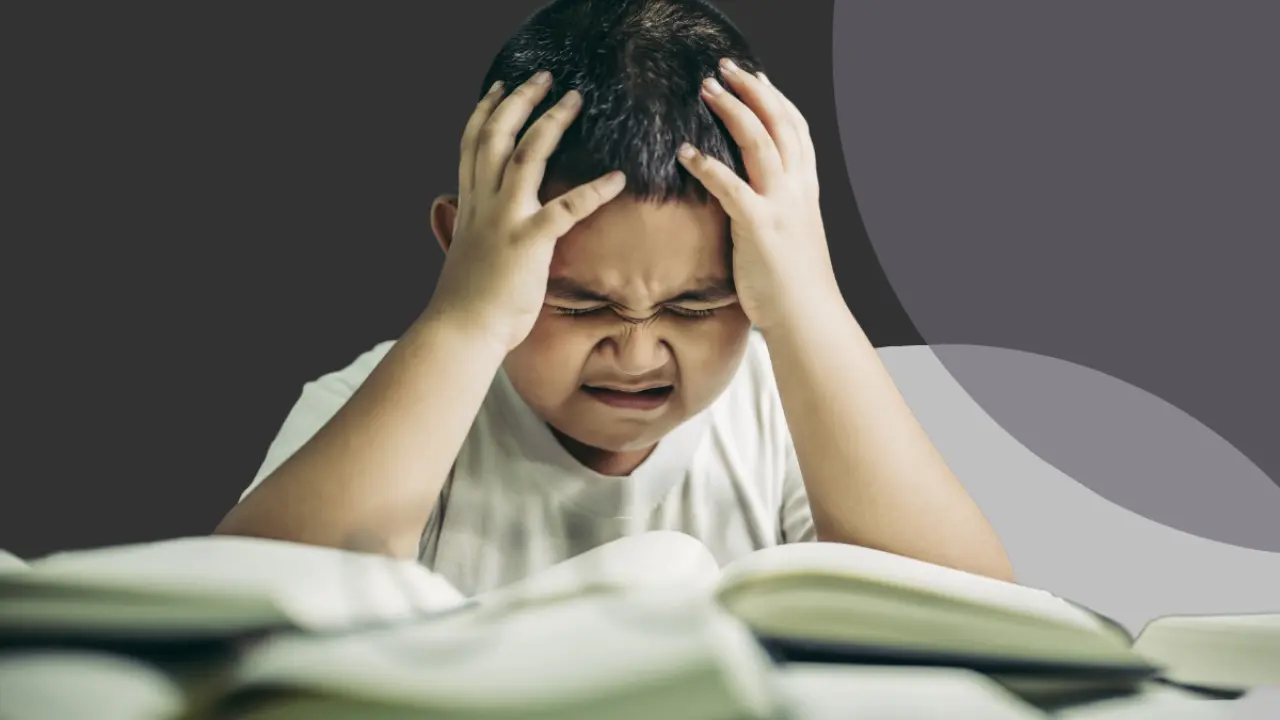In today’s fast-paced and demanding world, people frequently deal with a variety of difficulties and stressors that can hurt their mental health. Coping mechanisms are techniques that people employ to deal with these challenges and get through life. Some coping strategies can be adaptive and beneficial, whereas others can be maladaptive and harmful to one’s general health and happiness. In this article, we explore 21 Maladaptive Coping Examples and How To Recover and develop healthier alternatives.
What are Maladaptive Coping Mechanisms?
Maladaptive coping mechanisms are unhealthy coping mechanisms that people use to manage stress, discomfort, or difficult emotions. These coping mechanisms might offer short-term solace, but they have negative long-term effects on mental health, interpersonal relationships, and general quality of life.
Examples of Maladaptive Coping Strategies
Denial and Avoidance
Avoidance and denial involve minimizing or ignoring issues rather than dealing with them head-on. Unresolved problems and growing difficulties may result from this.
Substance Abuse
Using substances such as alcohol, drugs, or prescription medication to numb emotions or escape reality is a maladaptive coping mechanism that can lead to addiction and other complications.
Self-Harm
Self-harm is a harmful coping mechanism used to deal with emotional pain. Examples include cutting or burning oneself. Although it offers momentary relief, it seriously jeopardizes both physical and mental health.
Excessive Eating or Starvation
As a coping mechanism for emotional distress, some people turn to binge eating or self-starvation. However, these behaviors may result in eating disorders and other serious health consequences.
Procrastination
Procrastination is the deliberate postponement of tasks or responsibilities, which can add stress and reduce productivity.
Escapism through Technology
Excessive screen time or the use of social media to escape reality can result in isolation, decreased motivation, and poor mental health.
Aggression and Violence
As a stress response, engaging in aggressive or violent behavior can harm relationships, escalate conflicts, and have legal consequences.
Emotional Suppression
Emotional numbness, anxiety, and other psychological difficulties can result from suppressing emotions without processing them.
Overworking and Burnout
Excessive work hours and a lack of self-care can result in burnout, fatigue, and deterioration of physical and mental health.
Perfectionism
Setting unrealistically high standards for oneself and being overly critical of oneself can lead to feelings of anxiety, self-doubt, and inadequacy.
Blaming Others
Blaming others for personal problems rather than accepting responsibility can stifle personal development and strain relationships.
Impulsive Behaviors
Indulging in rash behavior without considering the consequences can result in regret, strained relationships, and negative outcomes.
Seeking Constant Validation
Excessive reliance on external validation for self-worth can lead to low self-esteem and an unending need for approval.
Self-Isolation
Isolating oneself and withdrawing from social interactions can lead to feelings of loneliness, depression, and further isolation.
Excessive Shopping
Using retail therapy to deal with emotional distress can lead to financial problems and a never-ending cycle of unfulfillment.
Gambling
Addiction, financial problems, and relationship strain can result from using gambling as a release or a way to find excitement.
Avoiding Responsibility
Lack of personal development and strained relationships can result from avoiding responsibilities and placing the blame on others.
Self-Sabotage
Self-sabotaging behaviors, such as the deliberate undermining of one’s success or procrastination, can impede personal development and accomplishment.
Passive-Aggressiveness
Relationships and communication can suffer when hostility or anger is indirectly expressed through subtle and non-confrontational behaviors.
Escapism through fantasy
To escape from the real world, some people may engage in excessive daydreaming or building an imaginary world. However, this can impede their productivity and interpersonal relationships.
How to Recover from Maladaptive Coping
Making a conscious effort to create healthier coping mechanisms is necessary for recovering from unhealthy coping. Here are some steps to facilitate the recovery process:
Self-Awareness and Acknowledgment:
Admit and acknowledge the unhealthy coping techniques you use. Recognize the causes of them and how they affect your life.
Seek Professional Help:
Consult a mental health professional who can provide guidance and support throughout your recovery journey.
Cultivate Healthy Coping Mechanisms:
Explore and adopt healthier coping strategies, such as journaling, mindfulness, exercise, or engaging in creative outlets.
Practice Self-Care:
Prioritize self-care activities that nourish your mind, body, and soul, such as getting enough sleep, eating nutritious meals, and engaging in activities you enjoy.
Set Realistic Goals:
Set realistic and achievable goals for yourself, both short-term and long-term, to foster a sense of accomplishment and progress.
Engage in Physical Exercise:
Regular physical exercise releases endorphins improves mood, and reduces stress, contributing to overall well-being.
Learn and Apply Stress Management Techniques:
Develop effective stress management techniques, such as deep breathing, progressive muscle relaxation, or time management skills.
Conclusion
Maladaptive coping mechanisms can hinder personal growth, strain relationships, and negatively impact mental well-being. Therefore, recognizing and addressing these unhealthy strategies is crucial for recovery. One way to do this is by cultivating healthier coping mechanisms, such as meditation, exercise, or hobbies. Another way is to seek support from friends, family, or professionals. Additionally, prioritizing self-care, such as getting enough sleep, eating well, and avoiding substances, can also help. By following these steps, individuals can overcome maladaptive coping and lead more fulfilling lives.
Frequently Asked Questions (FAQs)
What are coping mechanisms?
Coping mechanisms are strategies individuals use to manage stress, emotions, and challenging situations. Adaptive coping mechanisms promote healthy functioning, while maladaptive coping mechanisms are unhealthy and detrimental.
Is it possible to recover from maladaptive coping?
Yes, it is possible to recover from maladaptive coping. It requires self-awareness, willingness to change, and the adoption of healthier coping mechanisms. Seeking professional help can also provide valuable support and guidance.
How long does it take to develop healthier coping mechanisms?
The time it takes to develop healthier coping mechanisms varies from individual to individual. It depends on factors such as the individual’s commitment to change, the support system, and the complexity of the underlying issues. Recovery is a gradual process that requires patience and persistence.




